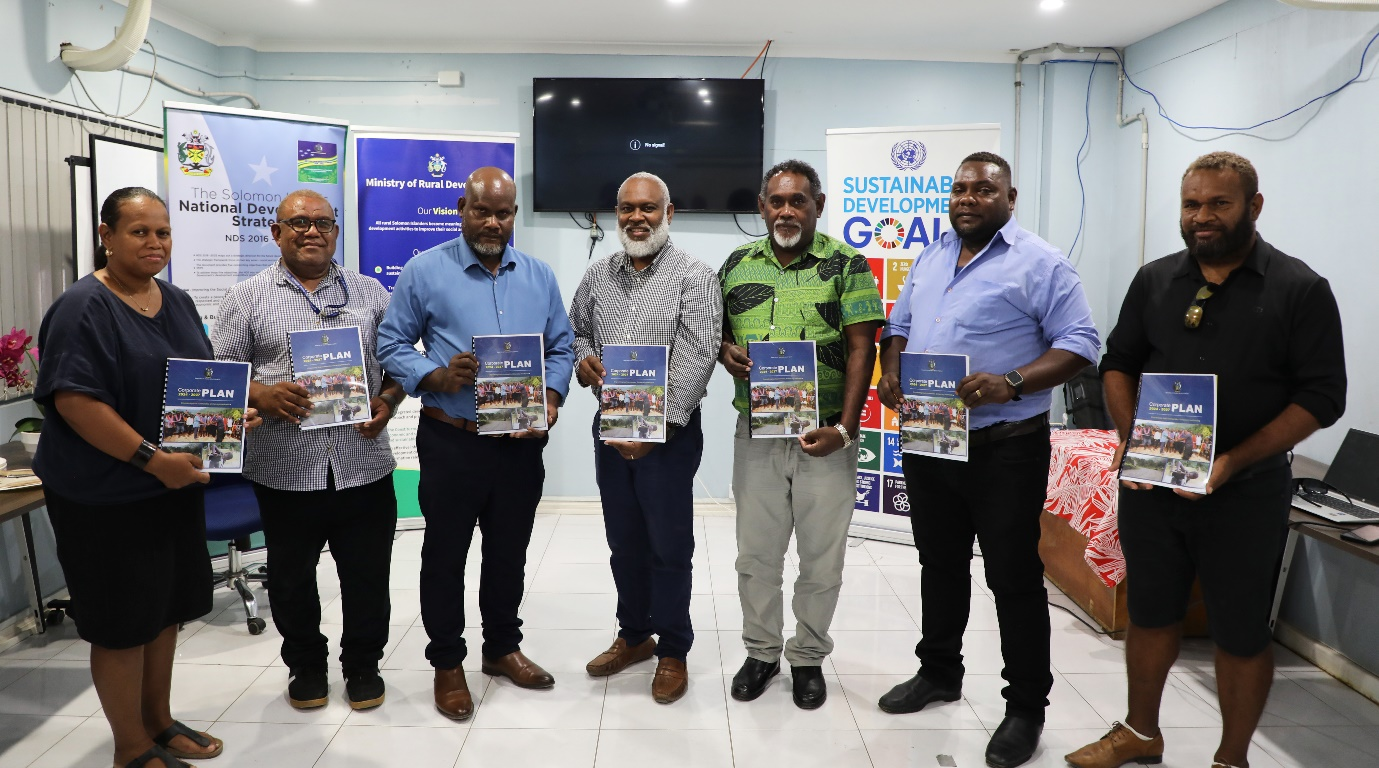BY INDY MAEALASIA
Long seen and dominated by men, the work of rangers in Solomon Islands is now being carried out by women as well who are steadily stepping up to the challenge.
Edward Haikau Huitarau Program Manager of the Solomon Islands Rangers Association (SIRA), said the long-standing view that ranger work is only for men no longer holds true.
“Solomon Islands is predominantly a Melanesian country and usually ranger work is normally seen as men’s work. But this is not true in many instances,” he said.
Huitarau explained that the work done by rangers today is not new.
Similar duties were carried out in the past, but with the introduction of the term “conservation” it is often misunderstood as a foreign or “Whiteman’s” concept.
“In reality, our different languages and dialects have their own words to express the concept of conservation, and women have always played a key role in it,” he said.
Through his work, traveling and engaging with rural communities, Huitarau found that many women are interested in becoming rangers but feel discouraged.
“They feel like their spouses don’t allow them to take part, because of the mindset that it’s men’s work. That affects their morale. But if we create an enabling environment like what we’re doing now, they will slowly start joining, and we are already witnessing that shift,” he said.
Huitarau recalled that in some areas they visited for the first time, there were no women involved at all but now there is a shift
“We’re starting to see the number of women grow.
“Ranger work is not just for men. It’s important that women are included. There is definitely space for them,” he said.
According to SIRA’s records, only about 20 to 30 percent of registered rangers in the country are women.
“You’ll find that in most conservation groups, there are no women at all,” he said.
Huitarau noted that in Malaita Province, female rangers are especially rare.
“Maybe you’ll come across only one woman in some areas. But in Guadalcanal, Isabel, and Western Province, we’re starting to see more balance, and we appreciate that,” he said.
Huitarau stressed that women are natural partners in both home and community life, and this extends to conservation work as well.
“Women carry traditional knowledge about the environment, how to care for it and manage it sustainably. That knowledge is vital,” he said.
Huitarau encourages more women to join the ranger workforce and urges men to support their involvement.
“This is a call to not just men, but to any aspiring woman who wants to become a ranger. Make up your mind and come join our association. Be part of the work to protect your environment and your community,” he said.
For feedback, contact:[email protected]






